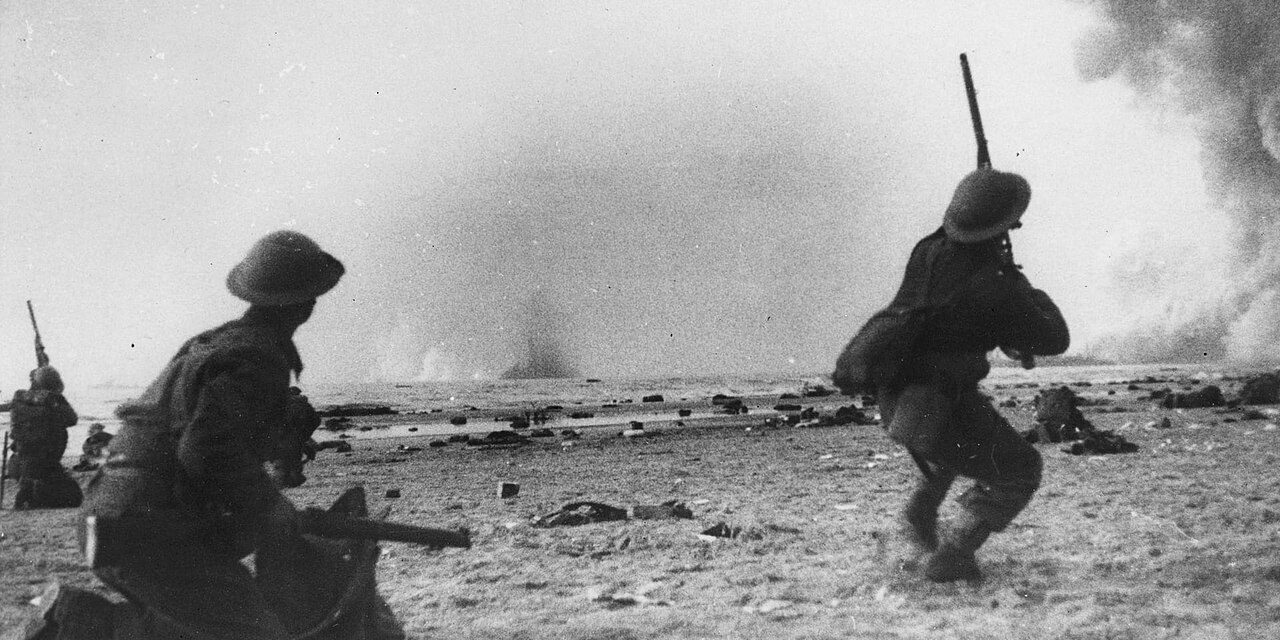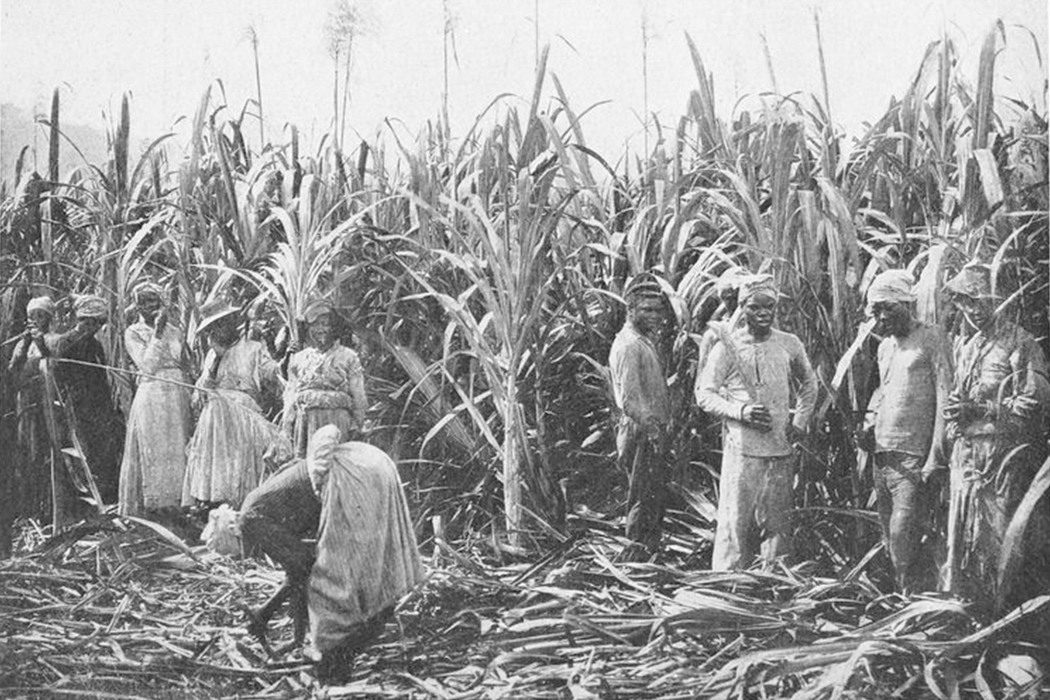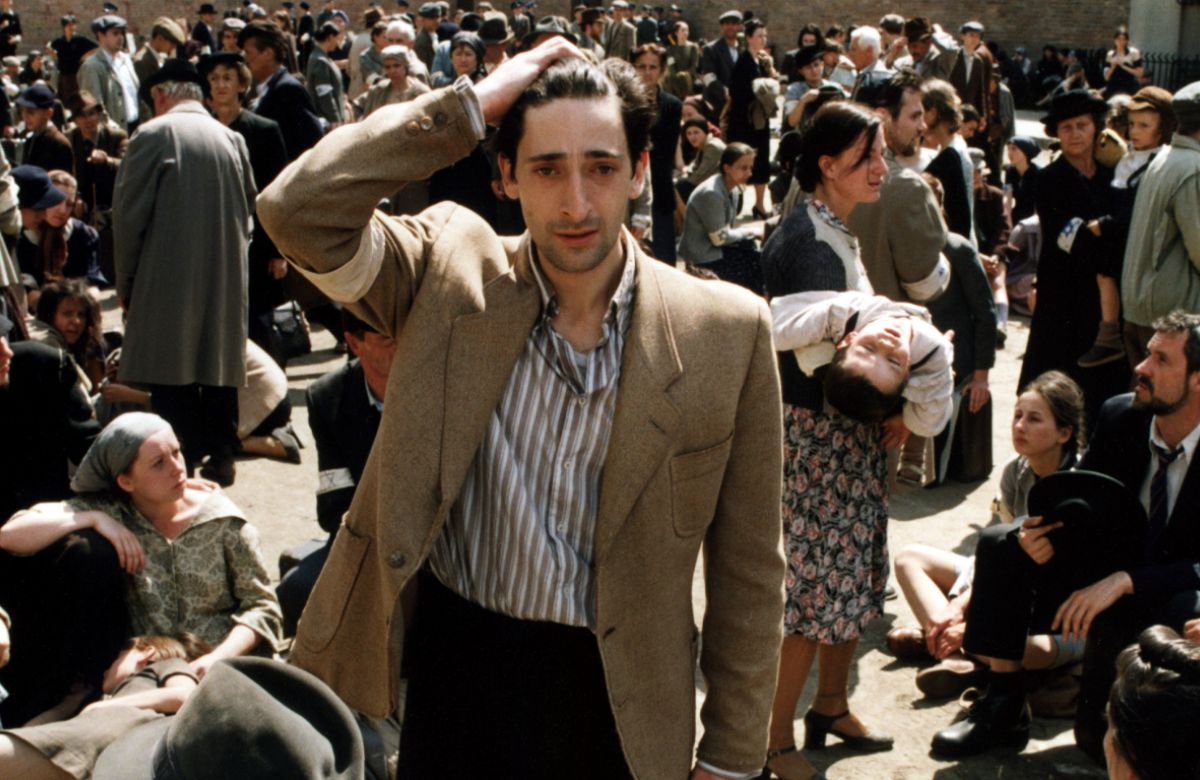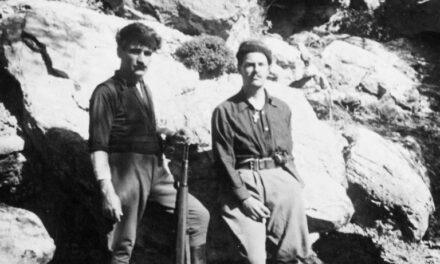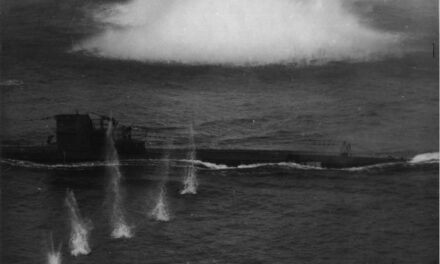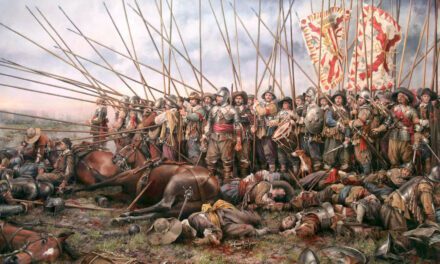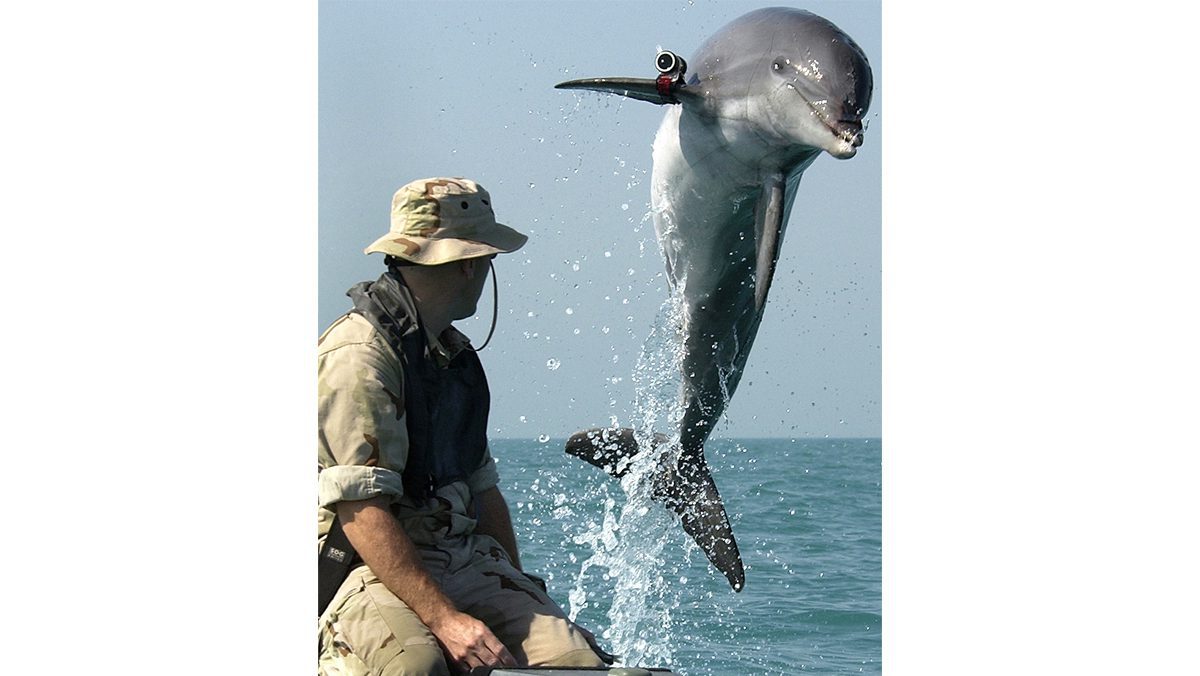DUNKIRK: HOW BRITISH NEWSPAPERS HELPED TO TURN DEFEAT INTO A MIRACLE
Reading time: 6 minutes
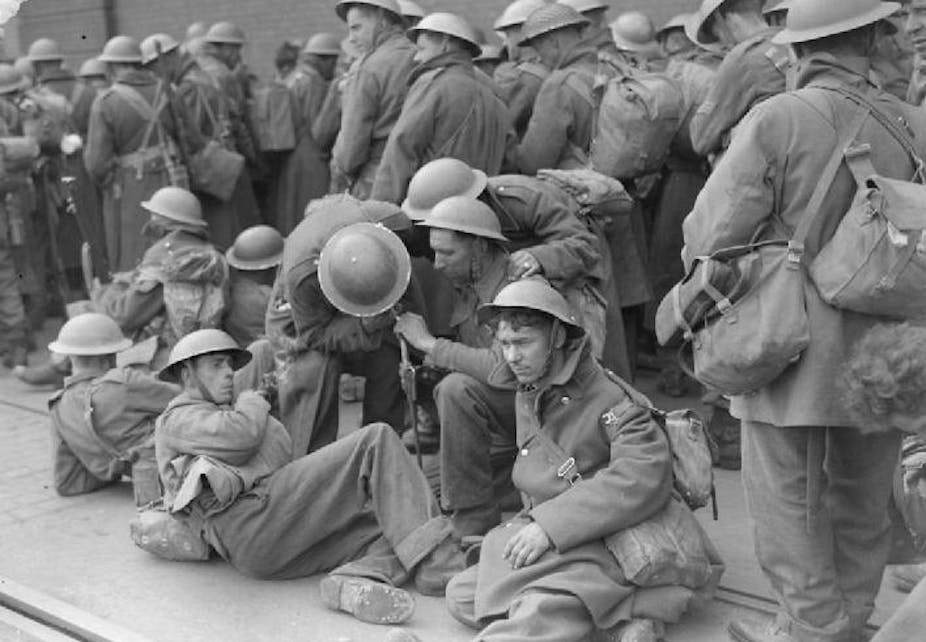
Modern Britons associate The Great Escape with the 1963 film of that name starring Steve McQueen, reffering to, of course, a mass escape by Allied prisoners during the second world war. But this title might more appropriately be applied to the rescue of the British Expeditionary Force (BEF) from Dunkirk between May 27 and June 4 1940.
As the UK marks the 80th anniversary of that escape, we shall hear much of the author JB Priestley’s first “postscript” for BBC Radio on Wednesday June 5. That broadcast coined the phrase “Little Ships” and even acknowledged Priestley’s own part in shaping understanding of Dunkirk. He asked listeners: “Doesn’t it seem to you to have an inevitable air about it – as if we had turned a page in the history of Britain and seen a chapter headed ‘Dunkirk’?”
But there was nothing inevitable about it.
Before pledging to “fight them on the beaches”, Winston Churchill himself reminded the House of Commons in the same speech that “wars are not won by evacuations”. He acknowledged that the BEF had courted disaster before depicting its escape as “a miracle of deliverance”. That the British public regards it as a triumph owes much to the work of British newspaper journalists and the Royal Navy press officers who briefed them
By Tim Luckhurst,Durham University
How the ‘miracle’ came about
Dunkirk was not reported in eyewitness accounts from the beaches. The few war correspondents who struggled back with the retreating armies had no means by which to communicate. Reports, such as Evelyn Montague’s The Miracle of the BEF’s Return for the Manchester Guardian of Saturday June 1 1940, were penned by journalists invited to witness the Royal Navy’s delivery of evacuated soldiers to the ports of south-east England. There, they were briefed with patriotic fervour and naval pride as well as facts.
The first sentence of Montague’s piece gives a flavour of the mood that was inspired:
In the grey chill dawn today in a south-eastern port, war correspondents watched with incredulous joy the happening of a miracle.
The reporter – a grandson of the famous Guardian editor and owner C.P. Scott – did not fail to give the Royal Navy credit. Having described a waterfront hotel in which “every armchair held its sleeping soldier or sailor, huddled beneath overcoat or ground sheet”, Montague turned to the scene in the port:
As the rising sun was turning the grey clouds to burnished copper the first destroyer of the day slid swiftly into the harbour, its silhouette bristling with the heads of the men who stood packed shoulder to shoulder on its decks.
Back in 1940, the Times did not award reporters bylines. Its report of the BEF’s return on June 1 was by “Our Special Correspondent”. He too witnessed the scenes in a south-eastern port (security censorship forbade more precise identification). The men, he wrote, were “weary but undaunted”. Protected by “the ceaseless patrol maintained by British warships and aeroplanes in the English Channel”, men who had displayed “steadiness under a cruel test” were “pouring onto the quays”.
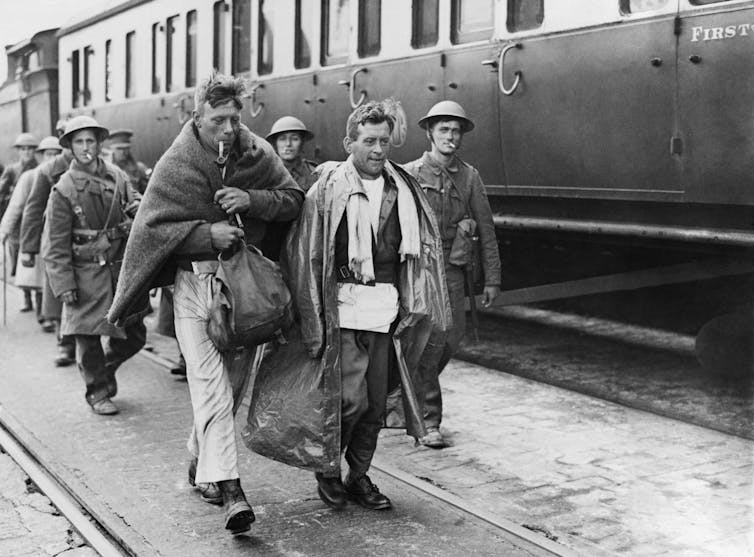
The Daily Mirror’s Bernard Gray, writing in its stablemate, the Sunday Pictorial, gave his verdict in a column on June 2 headlined simply “The Whole Magnificent Story”. “There have been many glorious episodes in the history of Britain”, he opined, “but, if that great English historian Macaulay were able to select from 2,000 years the most glorious week in the annals of the British Empire, this last seven days would surely be the week he would have chosen.”
Gray did not hesitate to offer comparisons:
Never mind the defeat of the Armada. Forget even the Battle of Waterloo, the epic of Trafalgar. For this week has seen the British Empire at its mightiest – in defeat.
Standing “in the streets of an English Channel Port”, G. Ward Price of the Daily Mail was similarly enthralled in his front-page piece, Rearguard Battles On, on June 1: “It is a picture of staggering heroism, fighting spirit and determination that never weakened in the face of overwhelming odds in men and material.”
A defeat, however ‘glorious’
It took Hilaire Belloc, the Anglo-French author of Cautionary Tales for Children, to recognise in his column for the Sunday Times (The Evacuation and After, June 2) that the withdrawal from Belgium and the collapse of Britain’s key ally, France, constituted a “catastrophe”.
In his defining examination of the elements that comprise Britain’s “received story” of 1940, The Myth of the Blitz, Scottish historian and poet Angus Calder noted that elements of the way the story was reported were misleading. However, Calder agreed that “Dunkirk was indeed a great escape”.
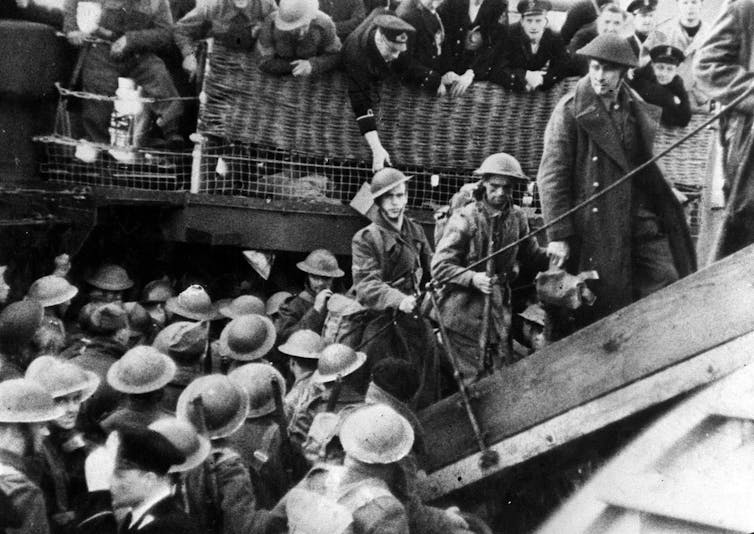
I celebrate the work British newspapers did to stiffen resolve and sustain morale at this time of grave national peril. In a democracy fighting totalitarianism, newspapers must balance their obligation to hold power to account and their duty to the national cause. The newspapers surveyed here certainly colluded in the creation of myths about Dunkirk, but their readers might not have welcomed any efforts to report Dunkirk any other way.
After all, myths are not lies and this one was studded with harsh facts. In Bernard Gray’s words for the Sunday Pictorial, Dunkirk was glorious despite the truth that: “The British Army has not won a battle. The British Army has retreated. The British Army has had to leave the Battlefield.”
For me, David Low captured the prevailing mood in his famous “Very Well, Alone” cartoon for the Evening Standard just a few weeks later on June 18. It depicts a British soldier alone before a raging sea and gesturing with a raised fist towards the Nazi-occupied continent from which German troops were expected to arrive at any moment.
This article was originally published in The Conversation.
Articles you may also be interested in
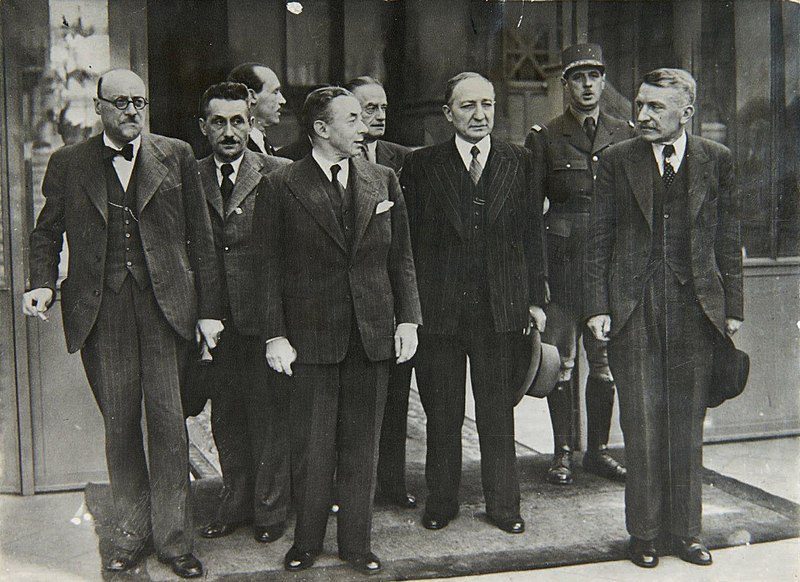
The Franco-British Union: Genius, or Madness Born of Desperation?
When crisis strikes, one imagines members of government or heads of state stoically dealing with the issue at hand. A picture that doesn’t come to mind is a head of state and a secretary of defence discussing unification plans over lunch. On 16 June 1940, this is exactly what happened, when Winston Churchill and Charles […]
The text of this article is republished from The Conversation in accordance with their republishing policy and is licenced under a Creative Commons — Attribution/No derivatives license.

